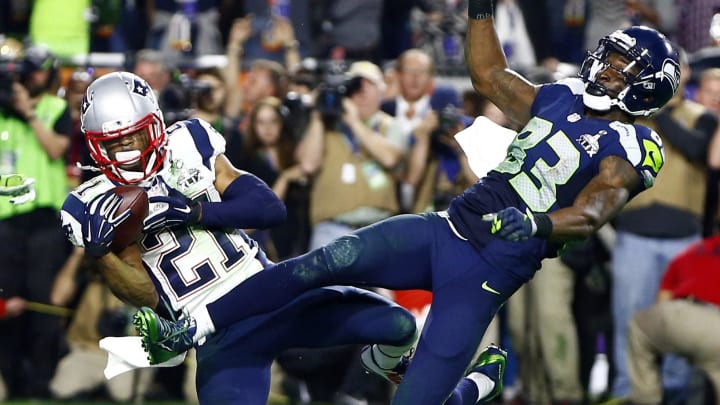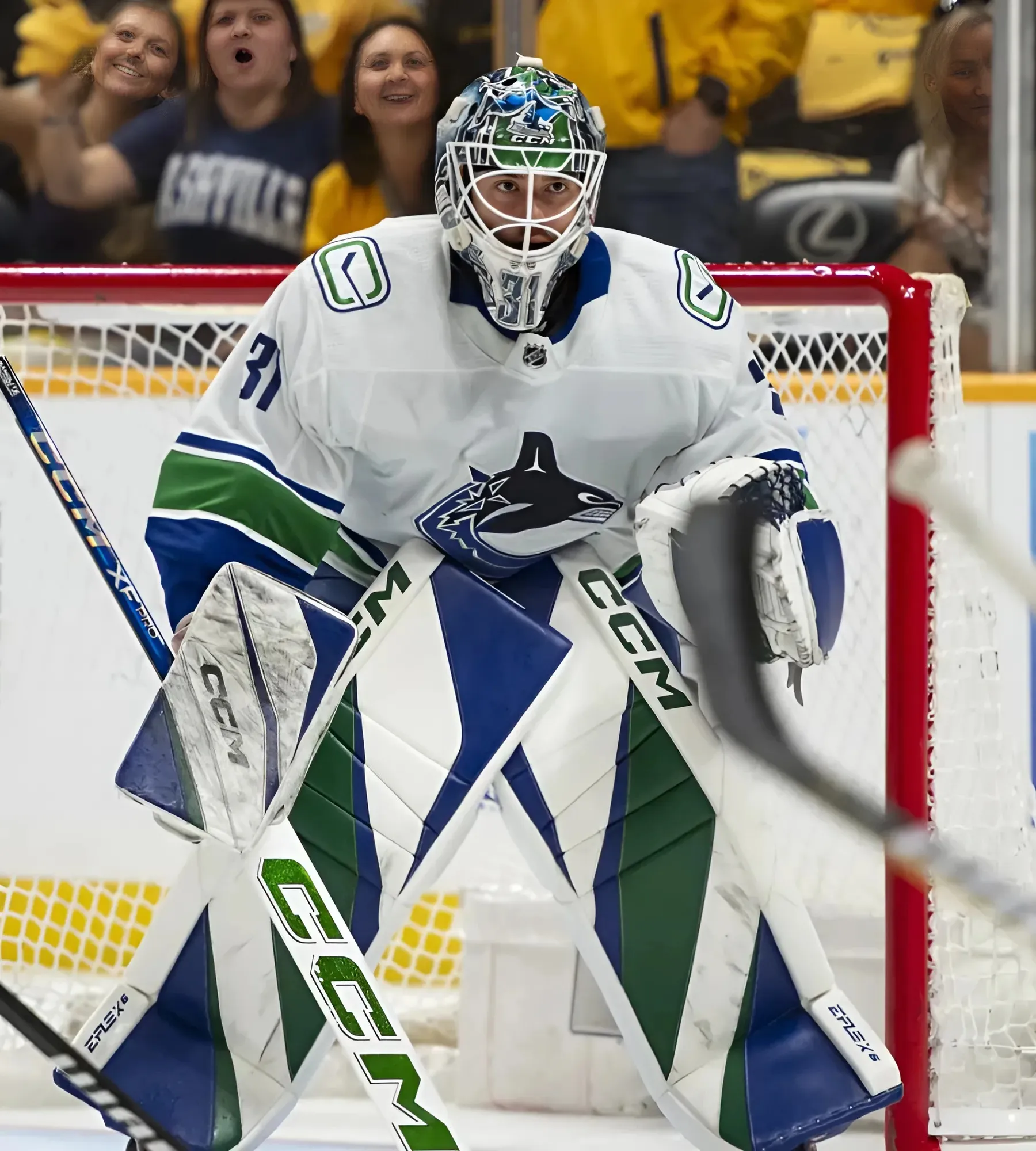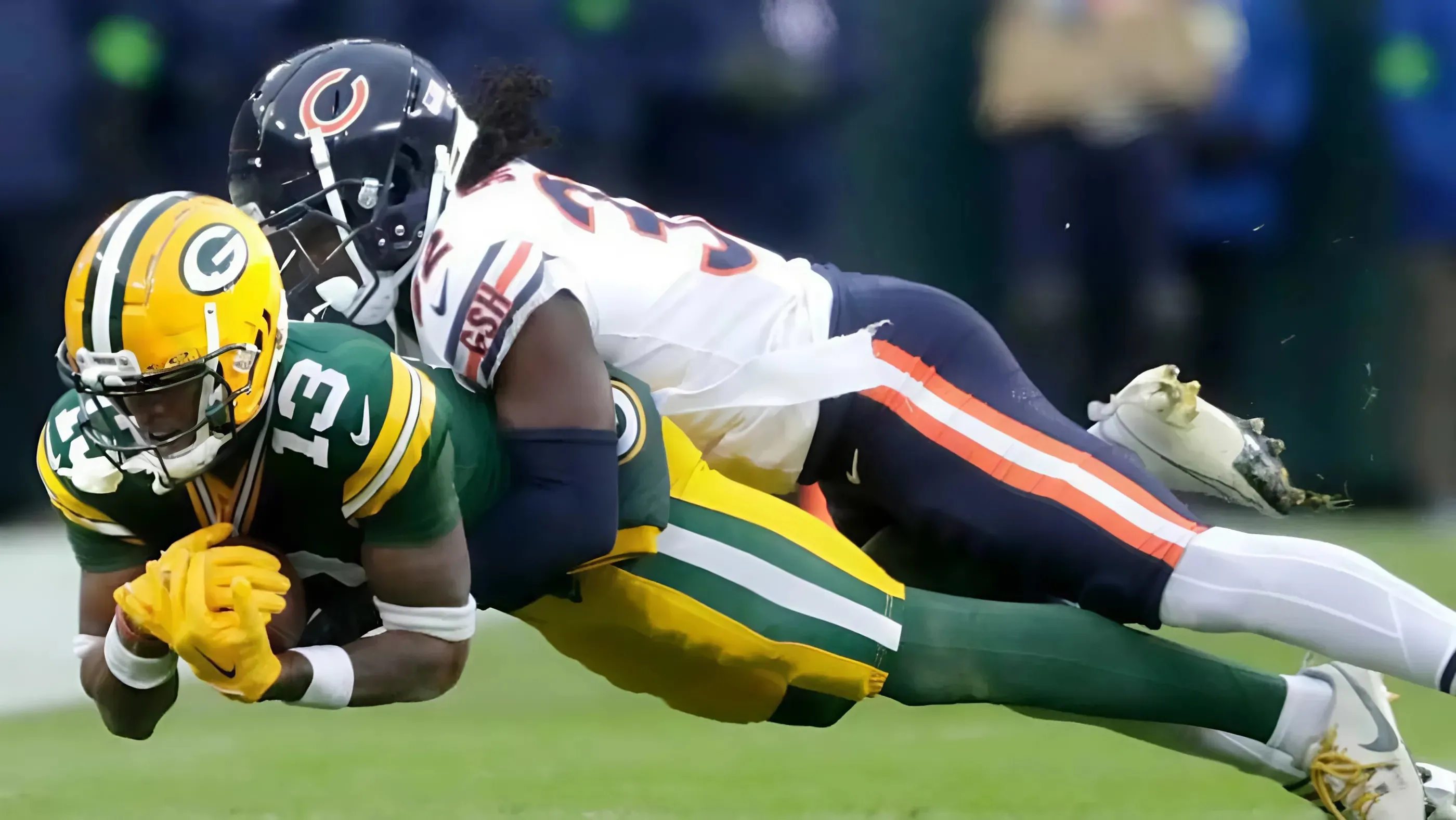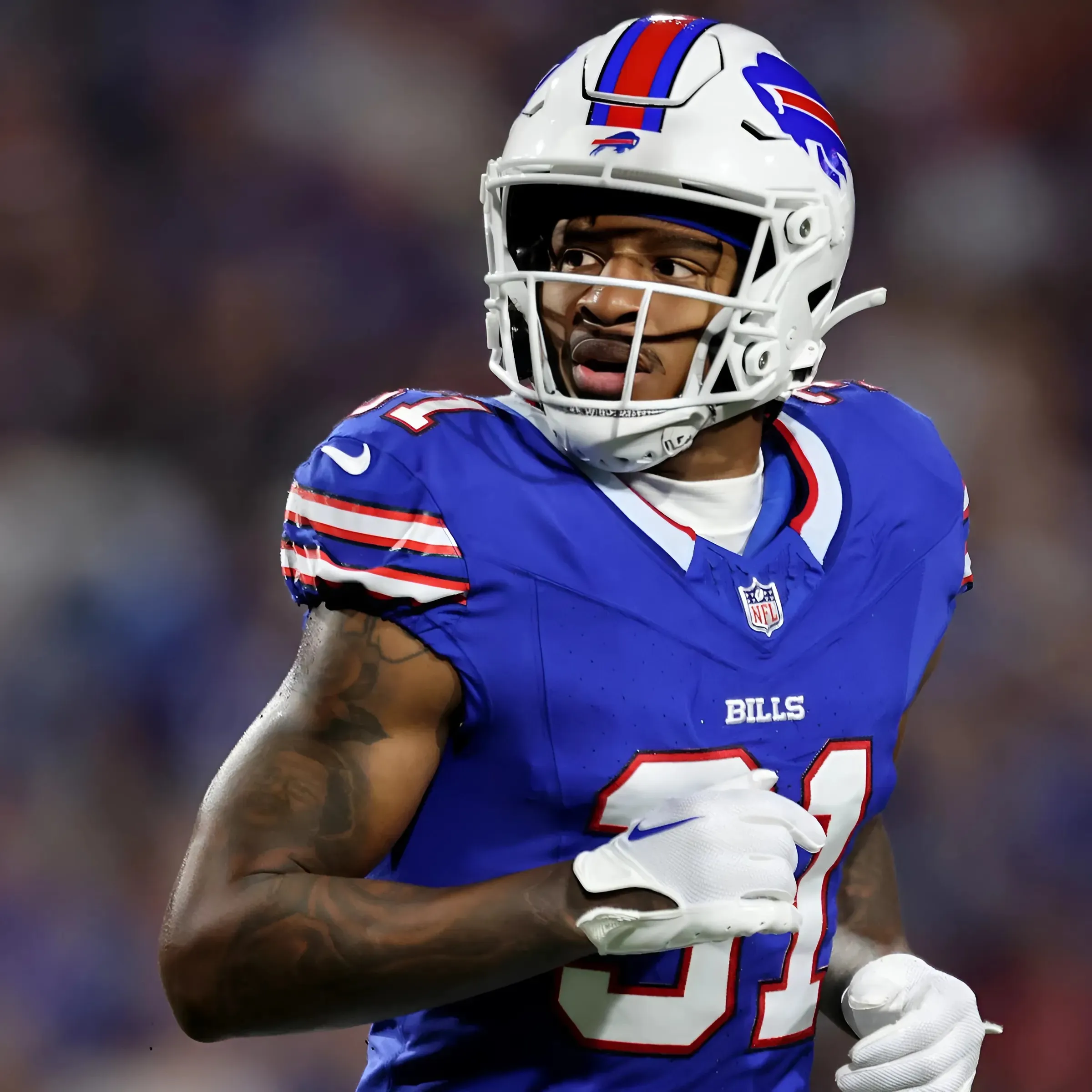
The most infamous play in Seattle Seahawks history needs no introduction. It cost the team a second-straight Super Bowl victory to conclude the 2014 season and forever fractured the most prolific roster the franchise had ever assembled.
It began the end of an era. Despite five seasons with 10 or more wins from 2015–20 and three more playoff victories, Seattle hasn’t reached the NFC Championship game since.
A decade later, former Seahawks coach Pete Carroll discussed the play with the man who wasn’t handed the ball at the 1-yard line. Carroll joined the Politickin’ podcast with California Governor Gavin Newsom, NFL agent Doug Hendrickson and Seahawks legend Marshawn Lynch.
“That was a meaningful moment … that would have been two in a row. We might have come back and won three in a row, is the way I feel about it,” Carroll said of Malcolm Butler’s interception of Russell Wilson that decided Super Bowl XLIX. “It was huge, but you had to deal with it … and I had to be the leader, and I had to stand up for it and take the hit and take it as my call and the whole thing. And I was willing to do that for everybody else. [Lynch] was pissed at me, and the fellas were pissed at me.”
Carroll and Lynch both spoke candidly about the play. As the team’s head coach at the time, Carroll didn’t shy away from responsibility. At the same time, while in a good spot now, Lynch re-emphasized how he and the team felt following the loss.
“A lot of players from that team don’t feel that, considering your philosophy and what you stood for and what you got a lot of those guys to believe in, they don’t feel that you owned it from a perspective of which they would have liked you to own it,” Lynch said in response to Carroll. “Because then it started to get rough over there … a lot of guys took that [expletive] a lot harder even than I did, because of what you instilled in that Seahawk team.”
Lynch was adding onto a lot of what Carroll discussed early in the episode, as well, about embracing the individual personalities on the Seahawks’ roster and empowering them. Apparently, because of the mentality Carroll instilled in the building that had to go both ways, some players weren’t satisfied with his handling of the situation.
When asked who made the call to pass the ball, Carroll gave a somewhat political answer that Lynch clarified after.
“We did it the way we always did. There’s defensive coordinators, there’s offensive coordinators, they call the stuff, we play the game,” Carroll said. “I’m responsible for every call that was ever made.”
Lynch quickly retorted: “[Offensive coordinator Darrell] Bevell made the [expletive] call, and Pete didn’t get to it quick enough to get out of that [expletive]. That’s what he just told you in a nutshell.”
Regardless of who made the call or didn’t get the ball, the play happened — it can never be undone, almost a decade later. It has long been a discussion among fans, however: Was it Bevell’s idea, or Carroll’s? The discussion seemingly answers that question. Carroll, as he should be, was the fall guy as the head coach.
There has also been speculation that Wilson audibled into the play from the line of scrimmage. That theory can seemingly be squashed.
“It had nothing to do with all of the storylines. Marshawn and I have talked about it. It had nothing to do with all of the storylines about some other players or some other agenda,” Carroll said. “That’s not how the game works. It happened so fast — they substitute, we do this, boom the call is made. It just happened, and we got smacked in the freaking nuts by it.”
Should Lynch have been given the ball? Absolutely. He had just rushed for four yards on 1st and Goal to get Seattle to the 1-yard line. Since then, Lynch said he can't go anywhere without being asked about it at least once. Lynch added it "turned my life in a way I can never imagine," but also showed him how much respect people had for his play.
The Carroll era is over after 14 seasons in Seattle. One of the upsides of that regime now fully filtering out is fans gaining some more clarity on longstanding, unanswered questions. Together, Carroll and Lynch put plenty of speculation to bed in one conversation.



